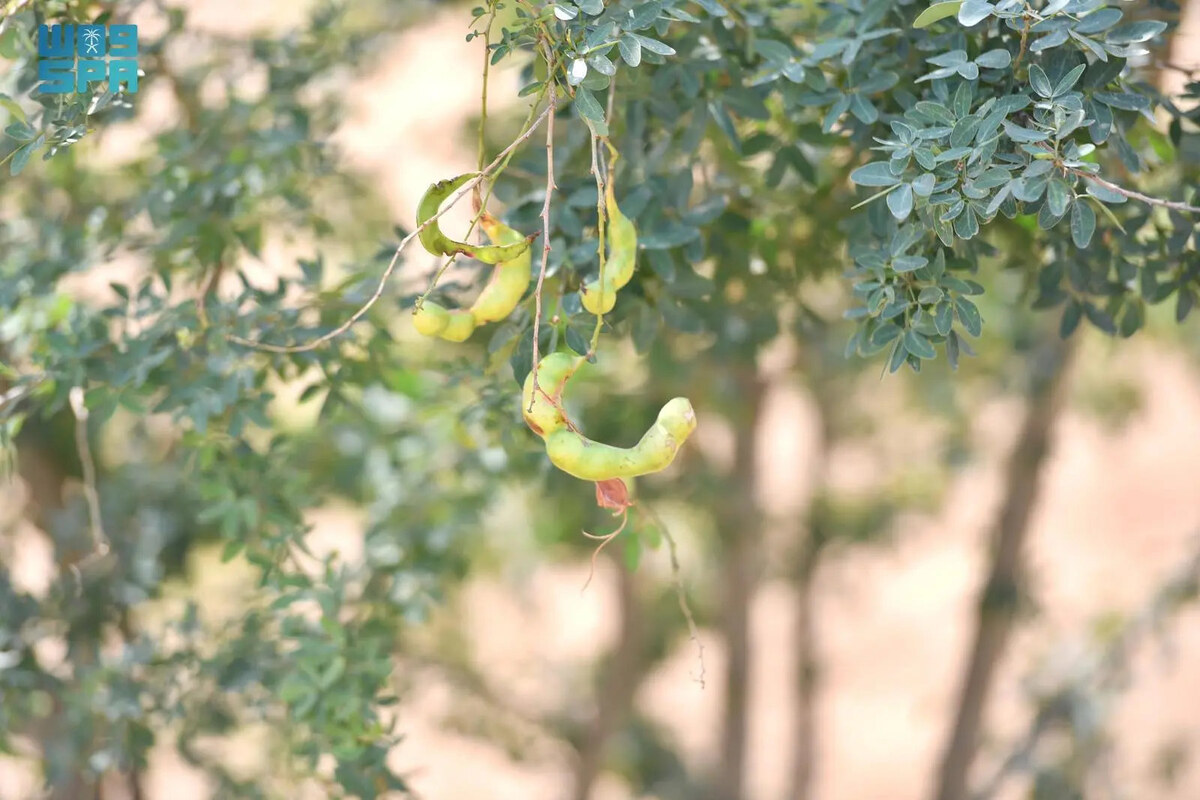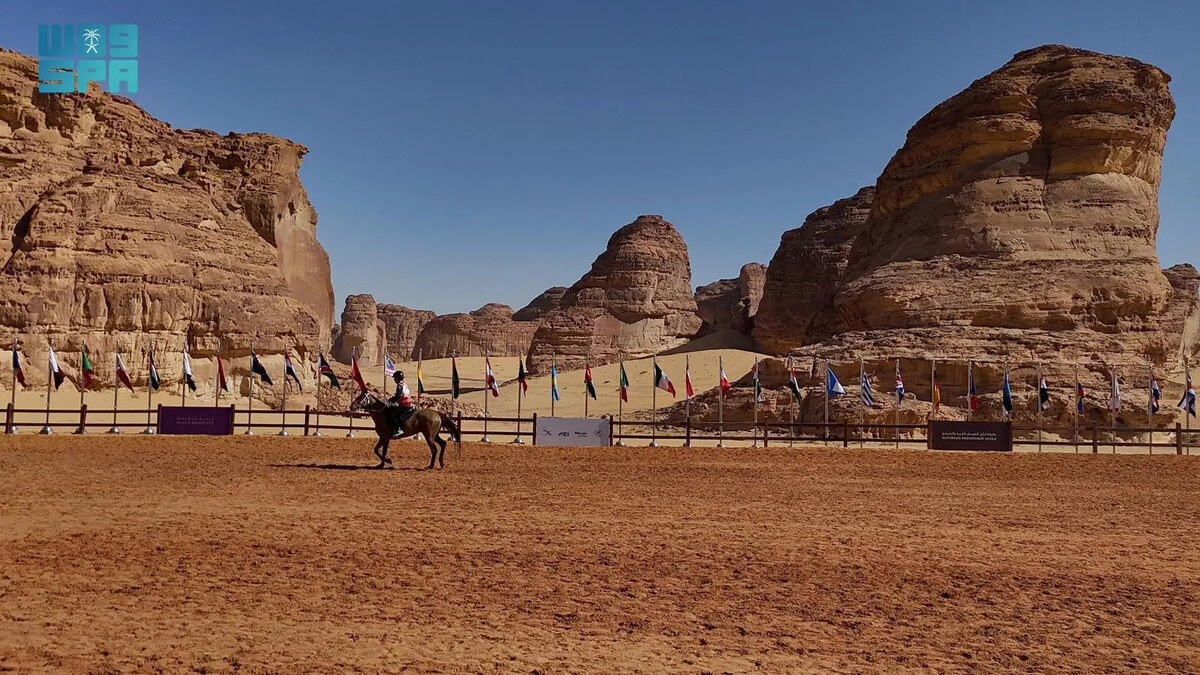Embracing cross-industry collaboration to scale up innovation

https://arab.news/pe734
Large-scale innovation requires a group with diverse perspectives, engaging in multiple discussions, combining various skills, leveraging a mix of resources, uniting ideas, and fostering a shared appetite for progress.
The Middle East is at a pivotal stage in its innovation journey. On one end of the spectrum, we have future-forward technologies such as artificial intelligence, energy systems and electric vehicles playing an important role in the sustainability drive of this region.
And on the other end, we have the agents of collaborative innovation — startups, corporations, business-expansion platforms and governments — that are driving growth in the sustainability sector.
It is a great lens through which to view the future role of the Middle East because increasingly this part of the world is generating excitement when it comes to innovation, collaboration, and tangible investment.
Governments have embraced their role as connectors and investors. Saudi Vision 2030 is guiding the Kingdom’s initiatives to support entrepreneurs and the start-up ecosystem, as a part of its diversification strategy.
Meanwhile, the Dubai Future District Fund has allocated 20 percent of its resources to accelerate sustainable technology start-ups and scale-ups that are tapping into advanced technologies such as AI, blockchain and robotics.
Incentives and initiatives for small and medium sized businesses and venture capitalists making waves in the green economy are a great way to bolster innovation.
Collaboration and innovation within the sustainability space are taking a lead role in creating impact and driving change. And it is timely too, because many of the most exciting opportunities in the Middle East genuinely depend on the contributions of multiple private-sector partners to drive momentum and progress.
For example, the Mega Green Accelerator Program saw the collaboration of PepsiCo, SABIC and AstroLabs with other strategic partners to nurture some of the region’s next generation of innovators as they develop solutions to address sustainability challenges.
It offers support and investment for innovation that can bring scalable impact to areas like the circular economy, clean energy transitions, water, and agriculture.
Cross-sector partnerships are helping drive sustainability and address climate change. In this case, it is also helping bridge gaps that often exist between entrepreneurs and the resources they need. This includes access to networks, raising capital, mentorship on what to do next or where to prioritize.
With the Middle East becoming a test bed for innovation by attracting an influx of international and regional businesses, creating an environment for these companies to scale into local markets has become essential.
With the Middle East becoming a test bed for innovation by attracting an influx of international and regional businesses, creating an environment for these companies to scale into local markets has become essential.
Eugene Willemsen and Roland Daher
To this end, the collective effort between private and public entities can be looked at as a solution to accelerate development, cater to the needs of these companies, and bridge fundamental gaps.
It is also important to showcase sector challenges and emphasize that sustainability is key to the continued prosperity and success of the region.
The regulatory environment will continue evolving to further support this — balancing risk with reward, incentivizing research and development, and accelerating targeted investment in innovation infrastructure.
There must also be more knowledge sharing, insight transference and education enhancement, particularly around efforts to be more innovation-focused.
In addition, partnerships with educational institutions, to imbibe an entrepreneurial mindset from a young age, can go a long way.
Finally, regional platforms and events have a big part to play in providing entrepreneurs with access to global markets, networks, investors, content, connections and other innovators, closing the loop of continuous cross-sector collaborations.
This year’s LEAP was a giant success, with record investments into Saudi Arabia’s tech and start-up landscape.
With more than $14 billion in public and private sector technology sector investments announced at LEAP, the long-lasting impact of such events will significantly boost domestic technology infrastructure.
In addition, it will propel multi-vertical upskilling and talent incubation opportunities for the region’s entrepreneurs.
Similarly, the UAE’s commitment of $30 billion in catalytic capital at COP28, launched a landmark climate-focused investment vehicle. And also catalyzed global sustainability investment by driving efforts to create a fairer climate finance system.
The foundations for the Middle East to become the test bed for innovation are very strong. The rest is up to us and it is a possible reality if we keep on collaborating in ways that are truly meaningful.
• Eugene Willemsen is the CEO for Africa, Middle East, South Asia and International Beverages at PepsiCo and Roland Daher is the CEO of business expansion platform AstroLabs.


























